Here’s another trio of reviews from my Instagram for Women in Translation Month.
Wilma Stockenström, The Expedition to the Baobab Tree (1981)
Translated from the Afrikaans by J.M. Coetzee (1983)
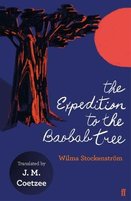
This short novel introduces us to a young woman living in the hollow of a baobab tree. She finds her own paths to gather food alongside the nearby animals, and measures the days with a string of beads.
LIfe hasn’t always been like this. The woman was a slave, one who has been treated brutally at times. At other times, though, she became a favourite of her owners, which might have made life a little easier, but also left her an outsider in more ways than one.
The woman joined her final owner on an expedition to find an inland city. It didn’t go well, which is how she ended up by herself in the baobab tree. Stockenström’s novel is the story of how the woman becomes isolated, but also finds a certain autonomy in finally being able to shape her own existence for herself.
Published by Faber & Faber.
Hiromi Kawakami, The Nakano Thrift Shop (2005)
Translated from the Japanese by Allison Markin Powell (2017)

For this year’s Women in Translation Month, Meytal organised an international book swap. This is the book I got – not a totally random choice, as it was one of a list of options I asked for. I’d been meaning to read Hiromi Kawakami again.
Some of Kawakami’s books are quite strange (such as Record of a Night Too Brief, or my personal favourite, Manazuru), while others (like Strange Weather in Tokyo) are lighter. The Nakano Thrift Shop is one of the lighter ones.
Haruo Nakano is the eccentric fiftysomething owner of a thrift shop. He has two young employees: Hitomi, our narrator, and delivery boy Takeo. There’s also Nakano’s sister Masayo, an artist who brings a level head to the shop.
Each chapter is almost like a self-contained story, so we see snapshots in the lives of Kawakami’s characters, and the halting relationship between Hitomi and Takeo. The Nakano Thrift Shop is fun to read, and quite touching.
Published by Granta Books.
Pilar Quintana, The Bitch (2017)
Translated from the Spanish by Lisa Dillman (2020)
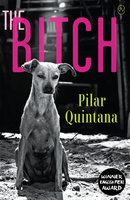
Damaris lives with her husband in a shack on the Colombian coast. They both look after the property of a rich family, but since that family left some years ago, they are no longer paid. The couple have no children, and Damaris’ uncle reminds her that she is at the age “when women dry up”. When the opportunity arises to adopt a puppy, Damaris sees a way to fill a gap in her life.
But the dog has a tendency to disappear into the jungle, which tests Damaris’ patience. The Bitch is a short novel that rattles along with tension. It explores Damaris’ character and relationships with others through her changing attitude to her dog. You never quite know where the story will turn, which keeps it compelling to the end.
Review copy courtesy of the publisher, World Editions.
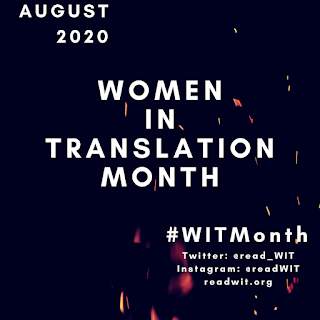
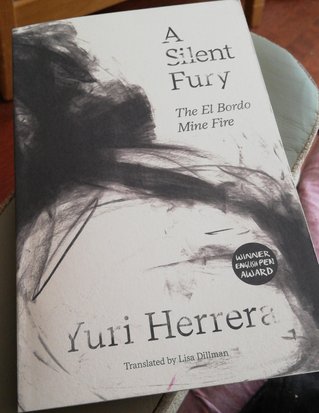
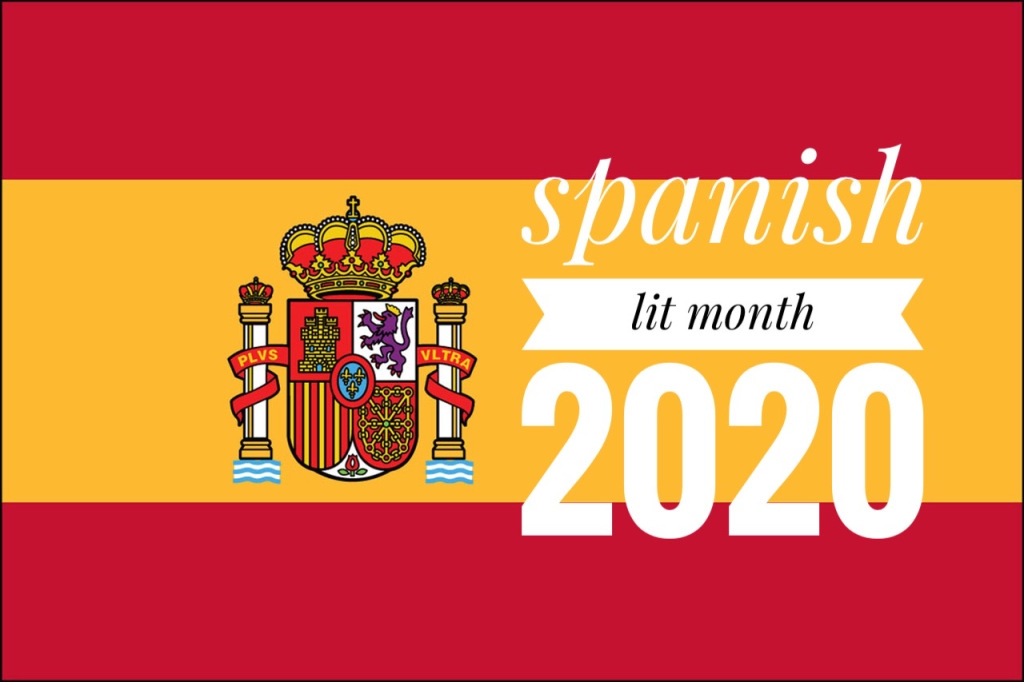
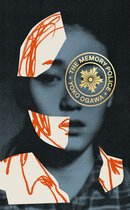

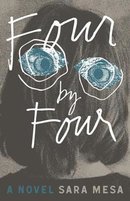

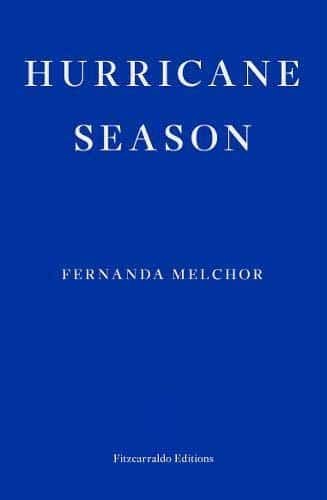
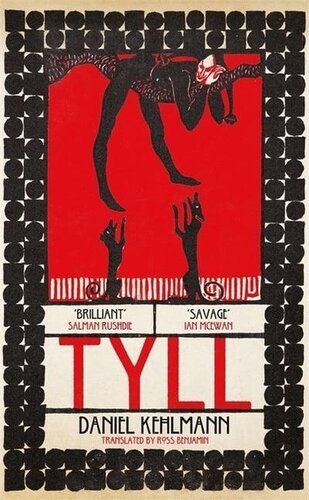
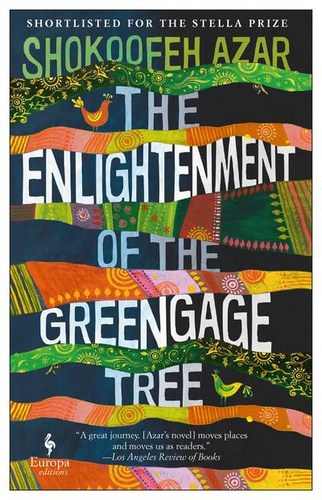
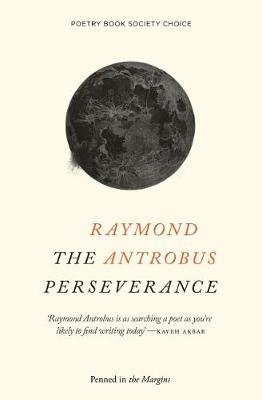
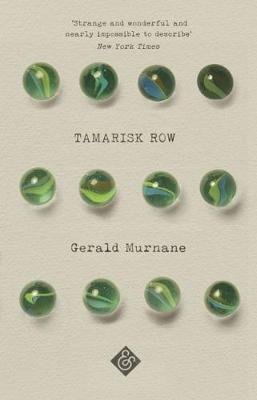
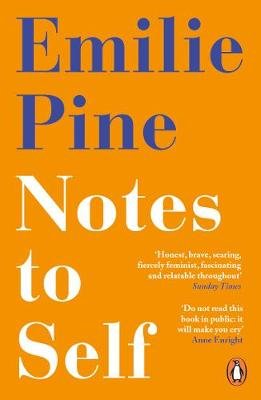
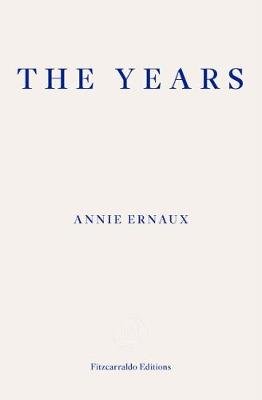
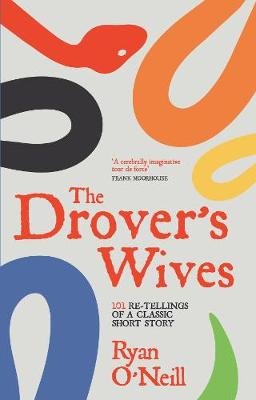
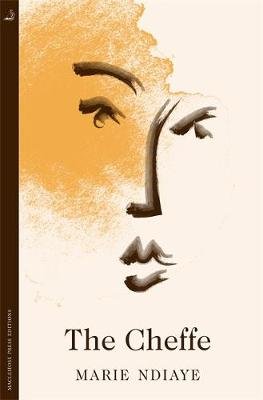
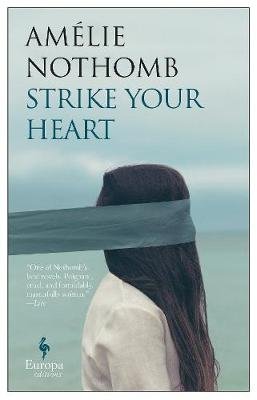
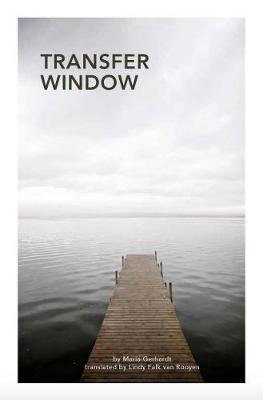
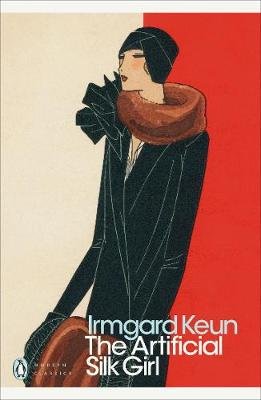
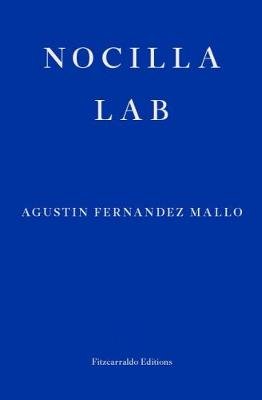
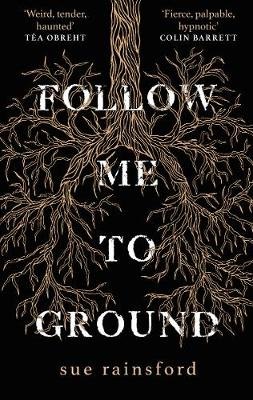
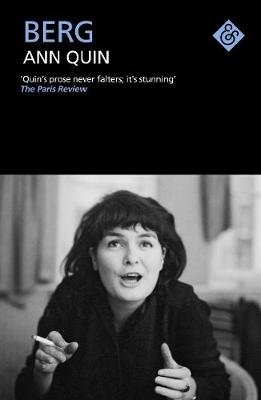
Recent Comments